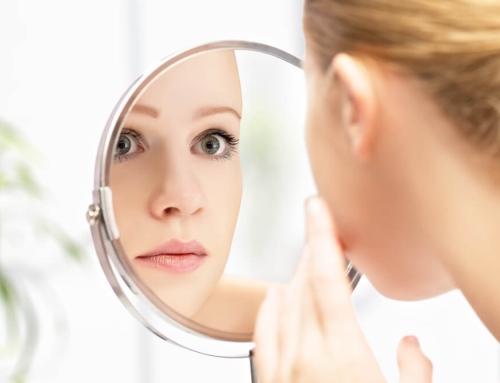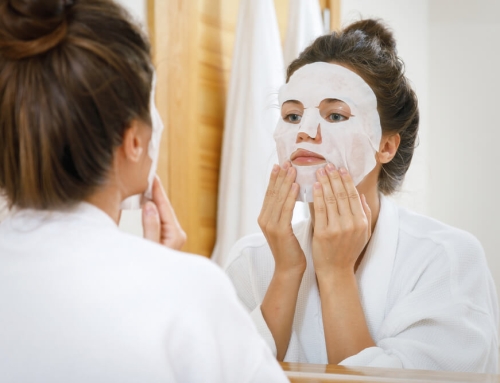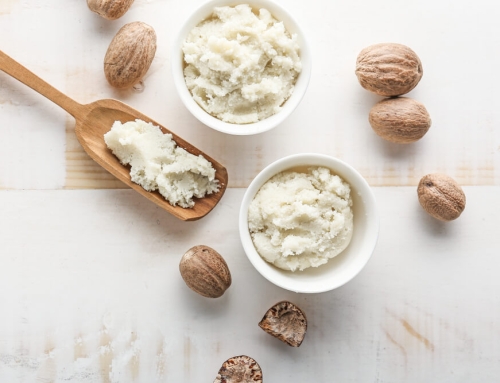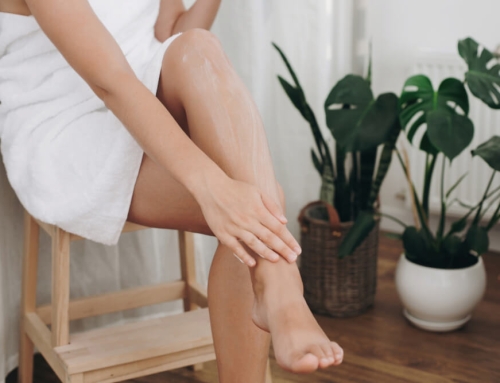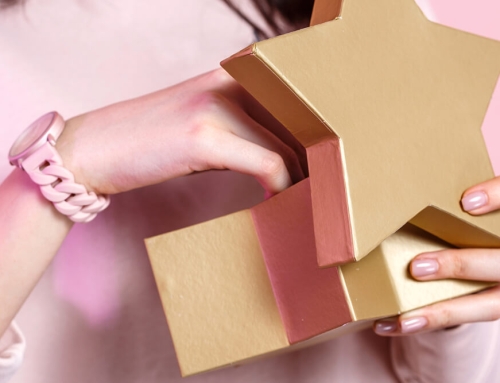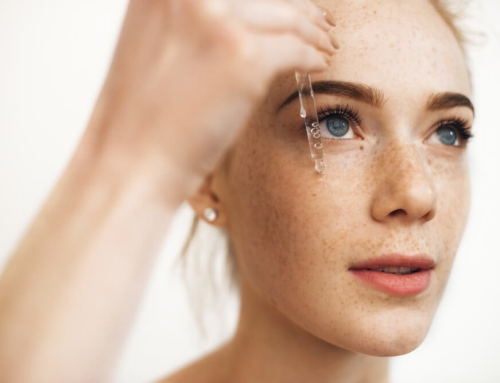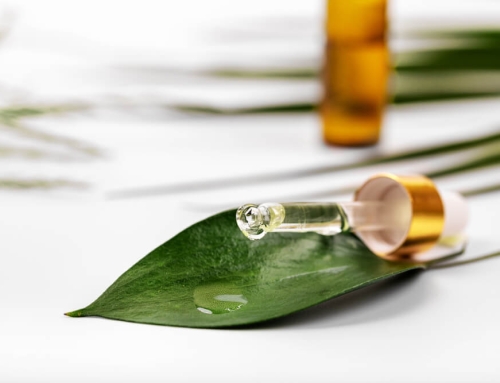The debate on the advantages and disadvantages of hard water versus soft water has been rife for years now, with many people tending to have a strong preference for one or the other. While this may be primarily due to subtle differences in taste, the type of water that you drink can actually have a huge impact on the state of your skin as well.
What is Hard Water?
Hard water contains dissolved minerals, such as magnesium and calcium, giving it quite a distinctive taste, as well as, sometimes, a particular smell. This accumulation of minerals occurs naturally, and is added to the water as it travels through limestone, sand and soil, with the actual “hardness” of water varying quite significantly depending on your exact location.
What is Soft Water?
In comparison to hard water, soft water only has small amounts of ions and minerals in it, usually only containing de-ionized sodium. This occurs both naturally, as well as after the water has been treated, leaving it with a slight salty taste. An example of soft water would be rainwater, as it has not yet had the chance to travel through the ground and pick up minerals.

Hard Water and Skin Care
While soft water is usually preferred by the majority, hard water is not considered to be harmful. However, it does interfere with many areas of daily life, one of which is the way in which you care for your skin. Since hard water has a high mineral content, this prevents it from achieving a rich lather when it comes into contact with soapy products, and it also makes it much harder for products to dissolve, which can often leave a soapy residue on your skin. The fact that your skin is left with this residue makes it much more susceptible to irritation and dryness, especially if you already suffer from a skin condition, such as eczema or psoriasis. The minerals in hard water also end up absorbing the natural water within your skin, resulting in dehydration.
Soft Water and Skin Care
Soft water is substantially more effective when it comes to cleaning, not only your skin but also everything around your home, from your dishes to your clothing. Soft water is able to form a luxurious lather, making it much easier for the soap to be rinsed away afterwards. This also means that you will need to use less product to feel clean, which is far more beneficial for your skin than having to use large amounts of a cleaner or soap.
When it comes down to it, soft water is much better for your skin than hard water. If you live in a location where only hard water is available, it may be worthwhile investing in a water softener, which is one of the most effective and permanent ways to treat hard water, leaving you with softer water that will nourish your skin rather than drying it out. While this is not necessary for everyone, it would definitely be beneficial if you suffer from dry skin, or from eczema or psoriasis.


